Nagorno-Karabakh conflict: Landmines, a disturbing reminder of war
… moving to a town where she worked two jobs. She was barely making enough to take …
… moving to a town where she worked two jobs. She was barely making enough to take …

Moe Moe Nwe is from Thinbaw Kwei Village in Rakhine State. Her mother passed away when she was young. She’s been the sole breadwinner for her family ever since, caring for her father, who lives with …
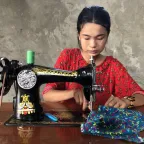
The ICRC's work with disabled people in Afghanistan helps them live an active role in society through physical rehabilitation, education, employment, micro-credit loans, vocational training and …
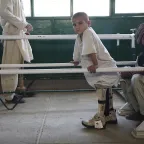
Promoting social inclusion for people with disabilities through basketball. "I have grown to love basketball, I feel like it is my safe space where I can be myself, it makes me happy." Abinet …
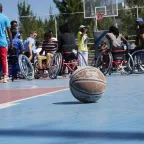
The ICRC helps people with disabilities through our physical rehabilitation programme and the ICRC Special Fund for the Disabled. The people we serve include victims of armed conflict, of other …
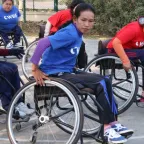
Life-disrupting injuries because of unexploded ordnance, death of a loved one, financial strain, psychological trauma and fear of the future – Sayed Reza, Muzhda Ahmadi and Abdullah Amiri have …
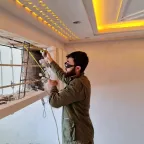
19-06-2019 Geneva (ICRC) - The International Committee of the Red Cross (ICRC) is about to begin another round of excavations in search of the remains of people who went missing as a consequence of …
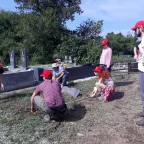
… workers are safe and able to carry out their jobs is crucial for stemming the spread of …
An overview of the ICRC's detention work in Somalia. Check-out the ICRC website in Somali: http://www.icrc.org/eng/home/languages/somali/index.jsp Every detained person needs water in sufficient …
What are the main challenges that humanitarian actors face in upholding a principled approach in today's crises and emergencies? How are "principles guiding humanitarian action" understood by …
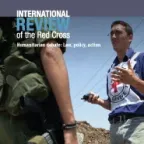
Try one of the following resources:
Created in 1863, the ICRC library, alongside the ICRC archives, provides an indispensable documentary reference on the organization itself and international humanitarian law.
International humanitarian law is based on a number of treaties, in particular the Geneva Conventions of 1949 and their Additional Protocols, and a series of other instruments.
Customary international humanitarian law consists of rules that come from "a general practice accepted as law" and that exist independent of treaty law.